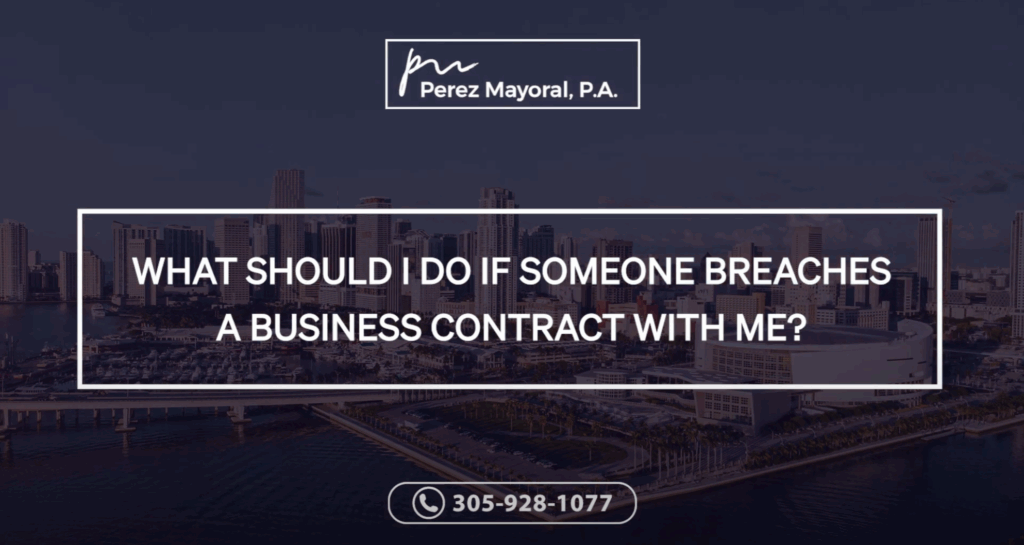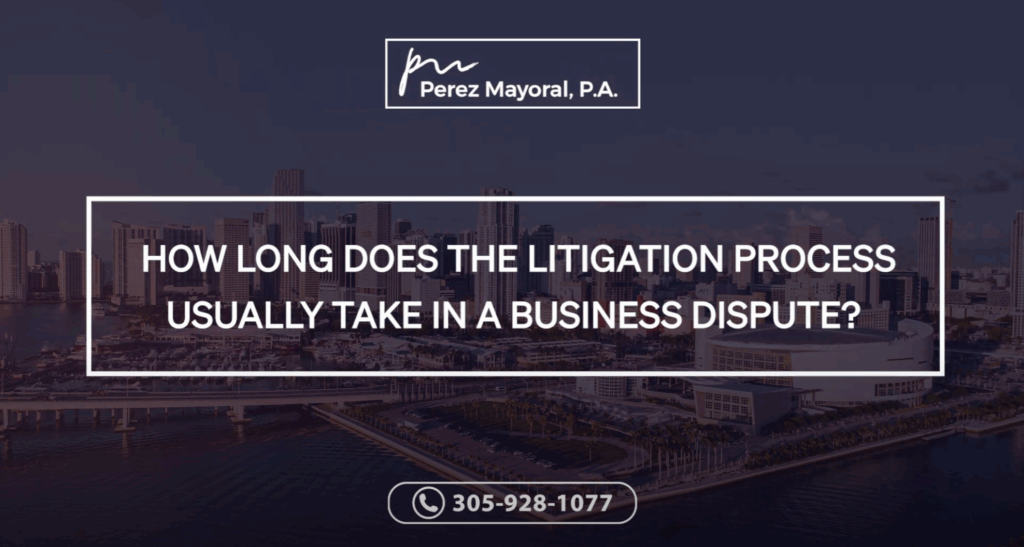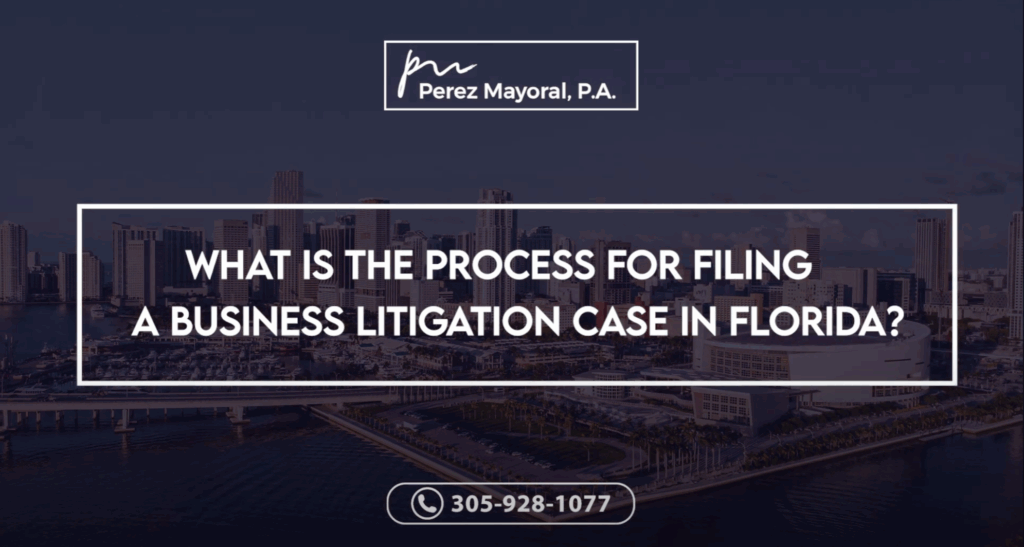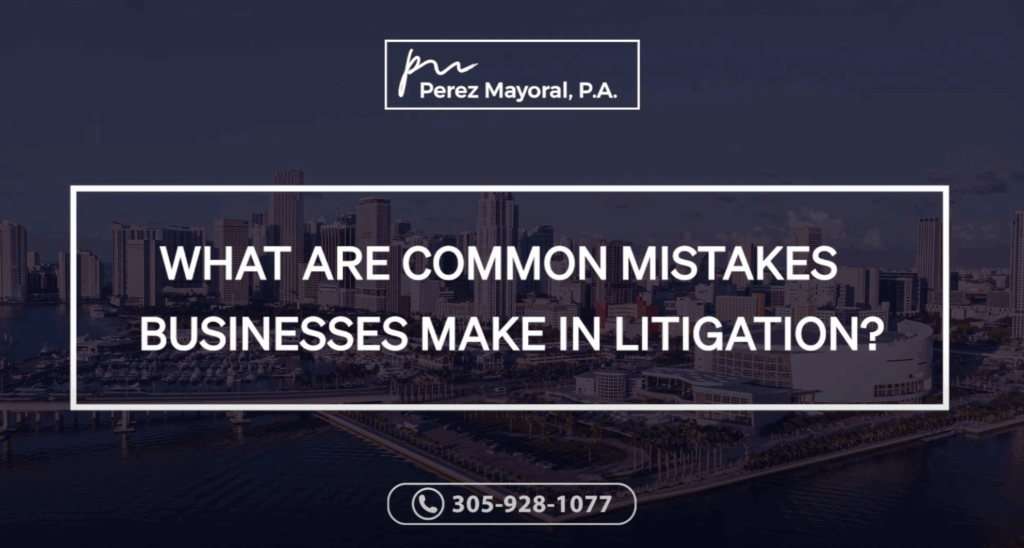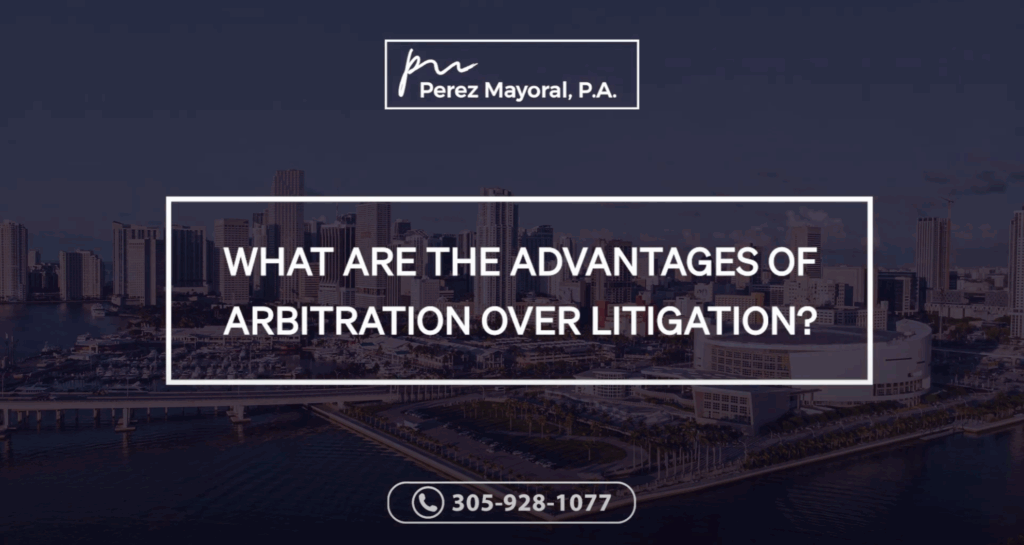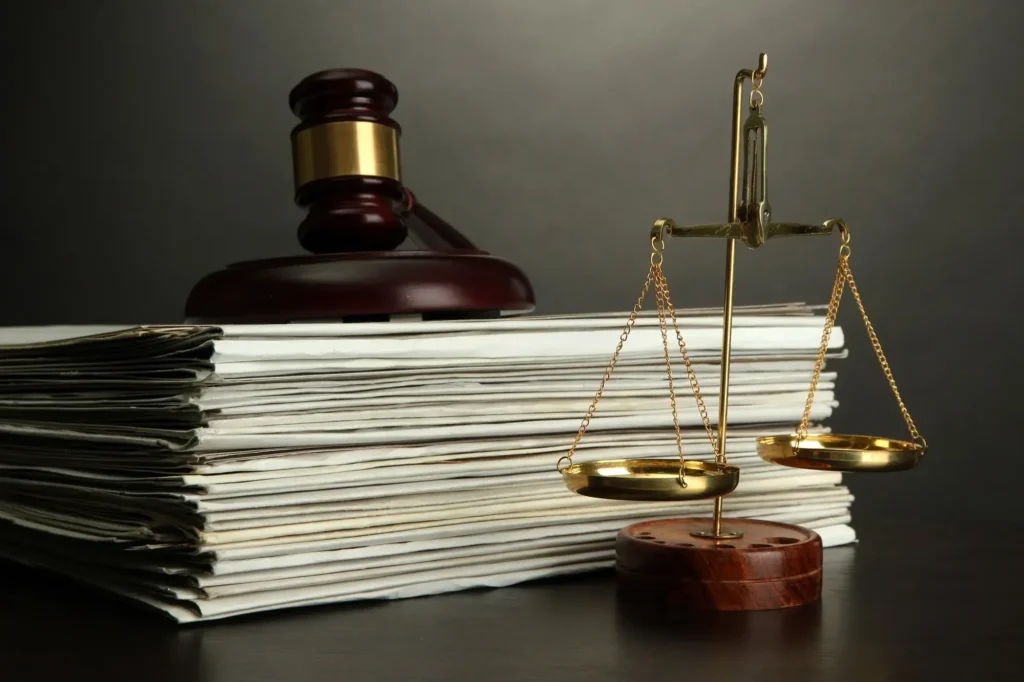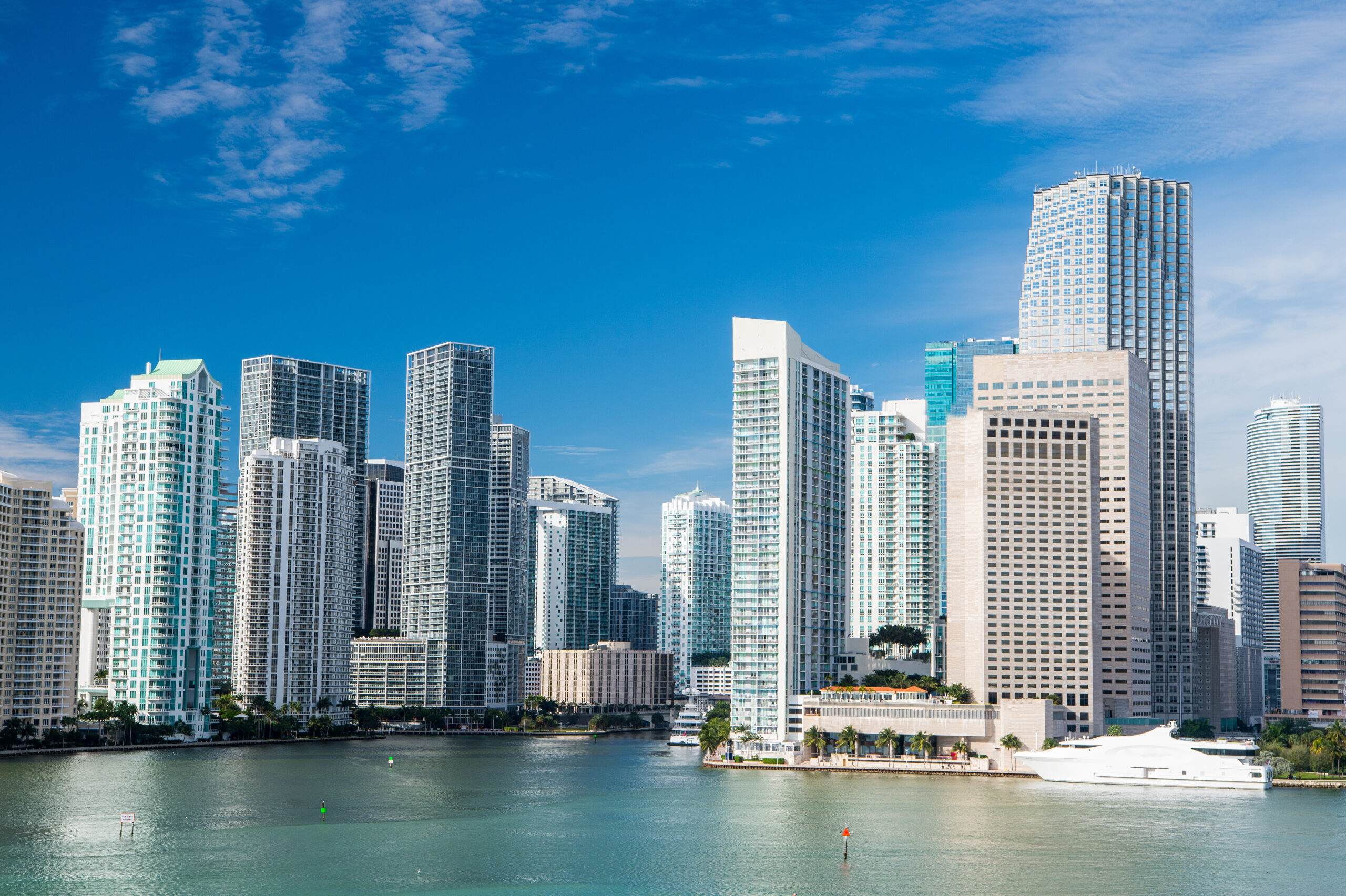
Florida Business Law & Commercial Litigation Attorneys
At Perez Mayoral, P.A., we represent business owners, investors, and partners in high-stakes commercial disputes. When problems arise, whether it’s a breach of contract, partnership conflict, or corporate misconduct, we act quickly and strategically to safeguard your interests and pursue lasting, business-minded solutions.
Commercial Dispute Resolution

Business Litigation Services
Handling breaches, interpretation issues, and enforcement of contract clauses to protect clients’ rights and obligations.
Representing stakeholders in disputes over management, profit distribution, and breaches of fiduciary duties.
Addressing issues like tortious interference, unfair competition, defamation, fraud, and more to protect clients and recover damages.
Managing disputes involving lease issues, zoning, property rights, and eminent domain.
Representing businesses in cases of wrongful termination, discrimination, wage disputes, and breaches of noncompete or confidentiality agreements.
Focusing on disputes related to governance, breaches of fiduciary duties, mismanagement, and corporate integrity.
Dealing with breaches, construction defects, mechanic’s liens, and payment or performance disputes.
Assisting in the defense and enforcement of trademarks, copyrights, patents, and trade secrets.
Video Resources
FOR FLORIDA BUSINESSES

Strategic Counsel. Relentless Advocacy.
Protecting the interests of Florida businesses, investors, and shareholders through sophisticated representation in state and federal courts.

Frequently Asked Questions
Your business may have grounds for a lawsuit if you’ve experienced financial harm due to another party’s actions or failure to meet their obligations. Common indicators include breach of contract where the other party failed to deliver goods, services, or payments as agreed, fraudulent business practices that caused monetary losses, interference with your business relationships or existing contracts, trademark or copyright infringement affecting your brand, partnership disputes involving mismanagement of funds or breach of fiduciary duties, or employment issues such as trade secret theft by former employees. Additionally, if you’ve suffered damages from construction defects, real estate disputes, or unfair competition practices, you likely have viable legal claims.
The key factors Florida courts consider are whether you can demonstrate actual damages, establish the other party’s legal responsibility, and show a clear connection between their actions and your losses. To determine if your specific situation warrants legal action, gather all relevant documentation including contracts, correspondence, financial records, and evidence of damages. Contact our experienced business litigation attorneys for a consultation where we can evaluate the strength of your potential claims and discuss the most effective legal strategy for your case.
Business litigation timelines in Florida vary widely based on the case’s complexity, court schedules, and whether parties reach settlement agreements. Simple contract disputes or straightforward business matters may resolve within 6-12 months, while complex commercial litigation involving multiple parties, extensive discovery, or involved legal issues can take 2-3 years or longer to reach trial. The discovery phase, where parties exchange documents and take depositions, typically accounts for the majority of litigation time and can last 6-18 months depending on the volume of information involved.
Factors that can extend timelines include crowded court dockets, motions practice, appeals, and the opposing party’s cooperation level. Many cases settle during mediation or negotiations before reaching trial, which can significantly shorten the overall process. Federal court cases often move faster than state court matters due to different scheduling practices and case management approaches. Emergency situations may qualify for expedited hearings or temporary injunctions that can provide quicker relief while the main case proceeds. For a realistic timeline estimate based on your specific business dispute, contact our office for a consultation where we can evaluate your case’s unique circumstances and provide a more precise timeframe for resolution.
Whether your business can recover attorney fees in litigation depends on the specific circumstances of your case and applicable Florida law. Florida generally follows the “American Rule,” meaning each party pays their own attorney fees unless there’s a specific statute, contract provision, or legal principle that allows fee recovery. Common situations where businesses can recover attorney fees include contracts with prevailing party clauses, cases involving statutory violations like unfair trade practices or certain employment disputes, trademark and copyright infringement claims, and situations where the opposing party acted in bad faith or filed frivolous claims.
Additionally, Florida’s offer of judgment statute allows fee recovery in some cases where a party rejects a reasonable settlement offer and then receives a less favorable judgment at trial. The amount recoverable must be reasonable and necessary, and courts will review fee requests to ensure they’re appropriate for the work performed. To understand your potential for fee recovery in your specific case, contact our team for a consultation where we can review your contracts, assess applicable statutes, and develop a strategy that maximizes your chances of recovering attorney fees along with other damages.
Business litigation costs in Florida include several components beyond attorney fees, such as court filing fees ranging from $400-$500 to initiate a lawsuit, deposition costs of $500-$1,500 per witness, expert witness fees that can reach $200-$500 per hour, and expenses for document production, investigations, or forensic analysis when needed. Additional costs may include mediation fees, court reporter charges, and potential bond requirements for certain types of relief. The total expense depends heavily on factors like case duration, the amount of discovery required, number of parties involved, and whether the matter settles early or proceeds to trial.
Simple contract disputes might resolve for under $30,000, while complex commercial matters can cost significantly more depending on their scope and duration. Many cases settle during negotiations or mediation, which typically reduces overall expenses compared to full trial proceedings. To understand the potential costs for your specific situation and discuss our fee structure, schedule a consultation where we can evaluate your case and provide a detailed breakdown of expected expenses and available payment options.
When another party breaches a contract, you have several legal remedies available under Florida law depending on the severity of the breach and your specific damages. Your options include seeking monetary damages to compensate for financial losses caused by the breach, requesting specific performance to force the other party to fulfill their contractual obligations, or pursuing contract rescission to cancel the agreement and restore both parties to their pre-contract position. You may also be entitled to consequential damages for additional losses that resulted from the breach, such as lost profits or costs incurred due to their failure to perform.
Before pursuing litigation, consider sending a formal demand letter outlining the breach and requesting compliance, as this can sometimes resolve the matter without court involvement and may be required under your contract terms. If the breach is ongoing, you might seek a temporary restraining order or injunction to prevent further harm to your business. In cases where the other party’s breach is substantial, you may have grounds to terminate the contract and seek damages for any losses incurred. The statute of limitations for contract disputes in Florida is typically five years for written contracts and four years for oral agreements, so timely action is important. Contact our attorneys for a consultation to review your contract terms, assess your damages, and determine the most effective strategy for enforcing your rights and recovering compensation.
